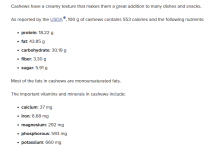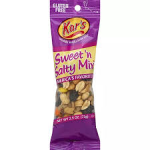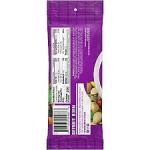That has been pretty much my experience as well.I would think that would be the whole problem right there. I get slowly get dehydrated over multiple days if I'm not drinking 2-3 quarts/day, and that's just my regular day, which usually isn't very strenuous.
From my personal experience if you can keep up on water then extra salt isn't necessary. But if you're not drinking enough water you can't overcome that with salt intake.
Certainly there are situations where it might be necessary, and Yellowcanoe's could be one of them, but that's not normal tripping for most of us. For most activity, even strenuous, I just don't think it's needed.
Alan
Years back I used to do a lot of bicycling and one Spring a group of us went out to Utah to the canyon lands area and did a week long trek. This type of thing absolutely requires a sag wagon (in this case a large truck) to carry camping equipment, food, and most importantly large amounts of water. The guides from the company who ran the tour did the cooking and traded off driving the sag wagon.
Even in the fairly early Spring it becomes brutally hot out in that area. We would camp each night and get up at first light, pack our tent and sleep gear and put our stuff in the truck as the guides were making breakfast. We would try to get going by 7:30 AM at the latest. I had a Camelback Mule hydration back pack that held 100 oz and two larger plastic bike canteens on the bike frame each of which held 24 oz. In addition I wore a waist belt with a small fanny pack that also carried two smaller 21 ounces of water on each hip. That is a total of 190 oz of water, almost 1 1/2 gallon. I went through that by 10 AM at which time we all stopped and waited for the sag wagon so that we could "water up". We would then ride for another 1 1/2 hour or so before we stopped for an extended lunch/siesta and during that time I would drink about another gallon. In the afternoon we would ride another 1 1/2 hour or so before stopping to set up camp.
I was drinking at least 3 1/2- 4 gallons of water a day while riding, not counting what was consumed at meals. One never had any perceived perspiration whatsoever but by midday you could look down at your jersey and see a complex and intricate pattern of fine white lines where salt had precipitated. Our food was generously spiced, I'm sure, but I never drank any type of electrolyte replacement solution and didn't feel the need for any.



